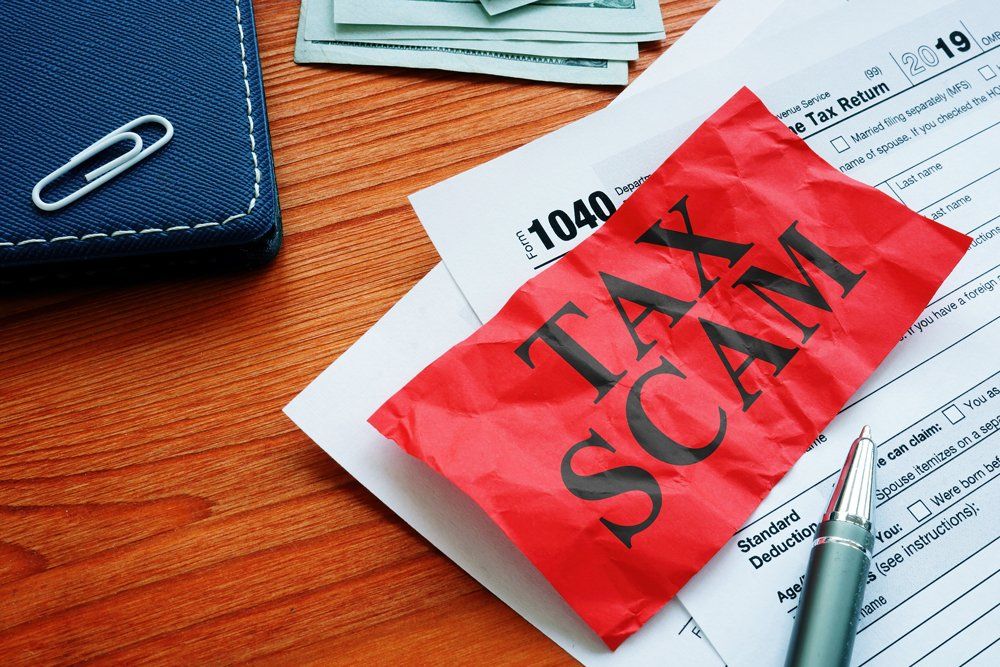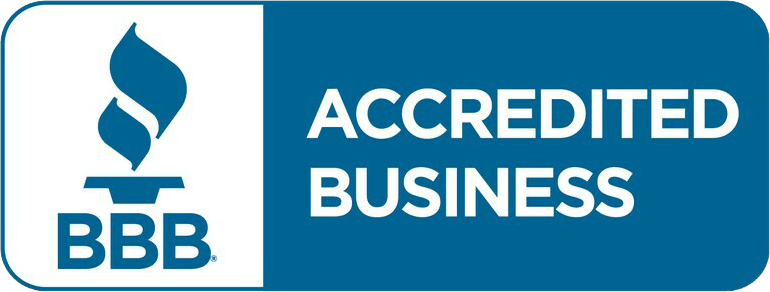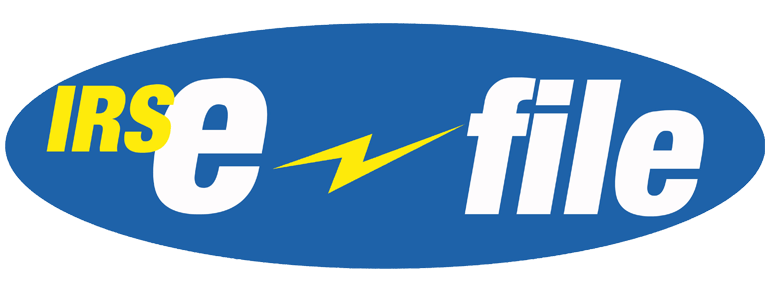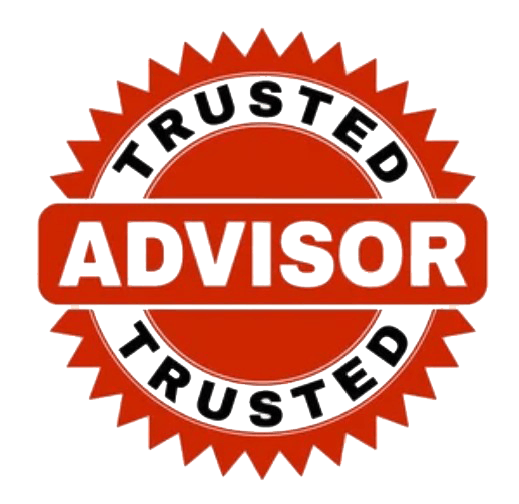Scam Tips
What Is A Tax Scam
As defined by the IRS, a tax scam involves someone impersonating IRS agents, government employees, or debt collectors in the attempt to trick individuals (over the phone, online, or through the mail) into sending the scammer money for taxes, penalties, fees, or other reasons.
Common Tax Scams To Avoid
Here are the more common tax scams to avoid / steer clear of:
- Pandemic-related emails - Phishing emails are a scam used against taxpayers. Scammers pretend to send emails that contain tax documents (W-2’s, 1099’s, mortgage statements, bank statements, etc.) and trick taxpayers into opening these infectious emails that contain malware or malicious code.
- Phone Scams - Phone calls from scammers posing as IRS agents or government officials should be taken seriously. Scammers will attempt to confirm your personal information by asking to verify the last four of your SSN or your date of birth (DOB). Once the scammer has the right person, they will demand you pay them immediately and may even threaten to bring local law enforcement to arrest you if you do not pay them.
- Social Security Number (SSN) Scam - Scammers claim that your SSN has been suspended or will be canceled due to overdue taxes via phone or voicemail. When this happens, they also request you pay your dues immediately.
What To Do If You Are A Victim Of A Tax Scam
If you are a victim of a scam, you must immediately report the malicious activity to the IRS.
Scammer contacted via phone:
- Record the phone number scammer is calling from (check call log or take screenshot of phone number)
- Hang up the phone immediately.
- Call TIGTA (U.S. Treasury Inspector General for Tax Administration) at (800)-366-4484 and report the scammer’s phone number.
- Report the scammer’s phone number to phishing@irs.gov and put "IRS Phone Scam" in the subject line.
Scammer contacted via e-mail or online:
- DO NOT click on any links in the email the scammer sent.
- Immediately mark the email as SPAM.
- Call TIGTA (U.S. Treasury Inspector General for Tax Administration) at (800)-366-4484 and report the scammer’s email address.
With these helpful tips, you can stay safe and be confident in reducing scammer attempts on you, your friends, or your family.




